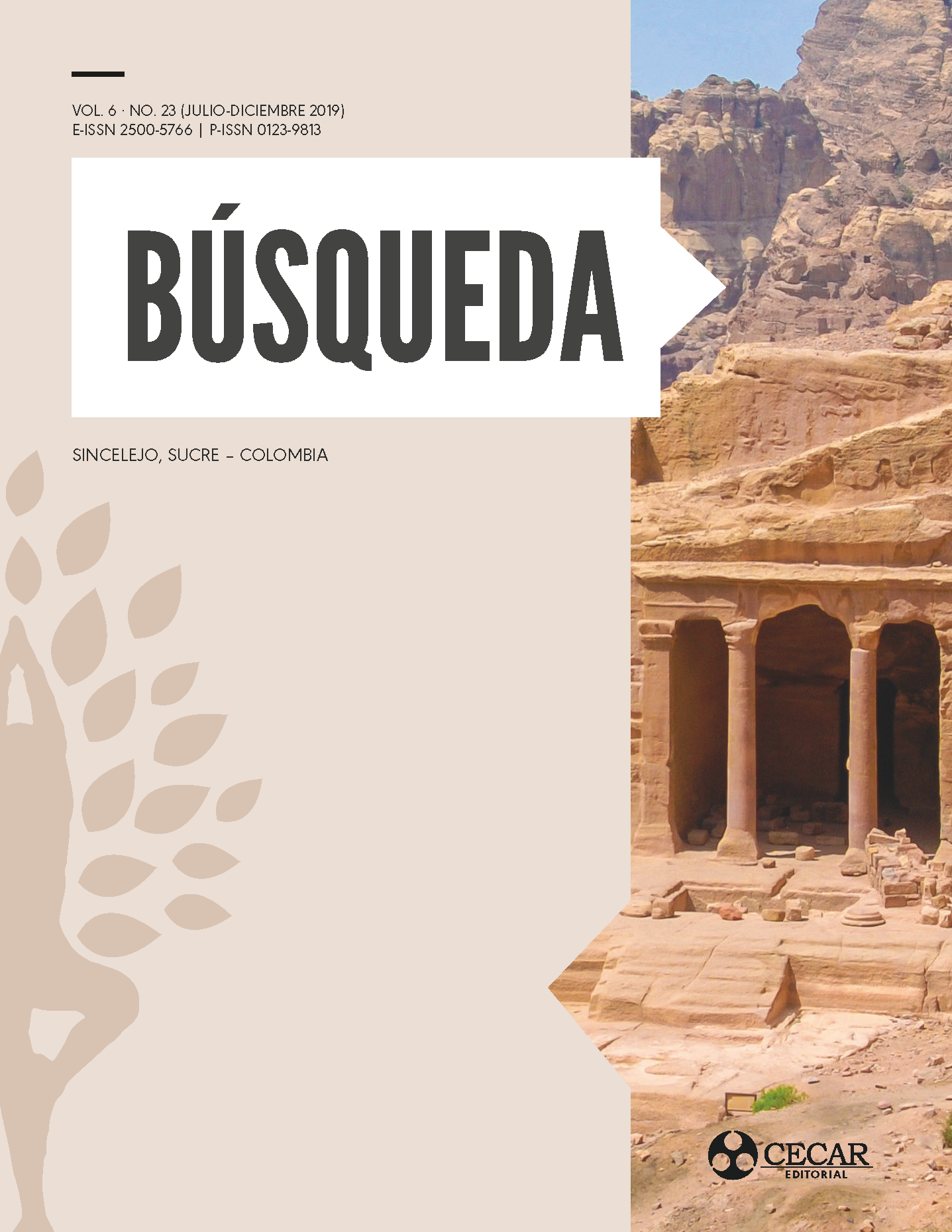Abstract
According to the World Health Organization (WHO), 2015, between 2000 and 2050, worldwide, the population of adults over 60 will go from 11% to 22%. In Mexic, according to the National Population Council (CONAPO), 2019, it will reach about 34%. Regarding the State of Zacatecas, Mexico, it is estimated that it will go from 11.08% in 2015 to 14.5% in 2030. This phenomenon will mean a social problem that implies poverty, disability, abandonment and diseases, among other conditions, which, if not considered, is the human rights of its inhabitants will be violated. The objective of this study was to evaluate and determine the inequality of Human Rights that older women live in, in the State of Zacatecas, Mexico, for which a questionnaire was used, applied to 2,566 people. An exploratory factor analysis was made, in which three factors were found: the first of them called family support, the second physical and psychological abuse, the third physical dependence and services. In addition, through Pearson’s Chi Square, statistically significant relationships were found between being a woman and economic, labor and disability inequality. Therefore, it is concluded that, in the case of the State of Zacatecas, there is a violation of the Human Rights of Older Women.
Keywords:
Licence

This work is licensed under a Creative Commons Attribution-ShareAlike 4.0 International License.
References
Carrera, L. E. (01 de 10 de 2019). https://www.segobver.gob.mx/genero/docs/Biblioteca/Los_derechos%20humanos
Comisión estatal de derechos Humanos (CEDH). (2016). Programa Estatal de Derechos Humanos. Comisión Nacional de Derechos Humanos Zacatecas.
Comisión Nacional de Derechos Humanos (CNDH). (2018). Comisión Nacional de Derechos Humanos. Gaceta, 194.
Consejo Nacional de Población (CONAPO). (07 de 2019). Obtenido de https://wwhttps://www.gob.mx/cms/uploads/attachment/file/487365/32_ZAC.pdf
Damián, J., Pastor, B., García, L., Ruigómez, A., Martínez, M. P., de Pedro, C. (2019). Facility ownership and mortality among older adults residing in care homes. PLoS ONE, https://doi.org/10.1371/journal.pone
De Valle, A., Hernández, L., Zúñiga, V. M., Martínez, A. (2015). Sobrecarga y Burnout en cuidadores informales del adulto mayor. Enfermería universitaria, 12(1), 19-27.
García, V. (2005). Enciclopedia de la salud. 2005. Apoyo a los cuidadores de las personas mayores dependientes. Obtenido de Hola: https://mx.hola.com/salud/enciclopedia-salud/2005060945407/mayores/generales/apoyo-a-los-cuidadores-de-las-personas-mayores-dependientes/
Hair, J. F., Black, W. C., Babin, B. J., Anderson, R. E. (2010). Multivariate data analysis (7th ed.). Prentice Hall.
Huenchuan, S. (2002). Envejecimiento, personas mayores y agenda 2030 para el desarrollo sostenible. Santiago: CEPAL. Obtenido de Arias A. 2002. España abandona a sus mayores. ABC.es. España Recuperado en 15 de Febrero de 2019. https://www.abc.es/hemeroteca/historico-30-07-2002/abc/Sociedad/espa%C3%B1a-abandona-a-sus-mayores_117821.html
Instituto Latinoamericano de las Naciones Unidas para la Prevención del Delito y Tratamiento del Delincuente (ILANUD). (2001). Declaración Universal de Derechos Humanos: Texto y Comentarios. Programa Mujer, Justicia y Género.
Instituto Nacional de estadística y Geografía (INEGI). (2017). Mujeres y Hombres en México 2017. Aguascalientes, Aguascalientes, México. Obtenido de Cuentame población: http://cuentame.inegi.org.mx/poblacion/esperanza.aspx?tema=P
International Movement Against All Forms Of Discrimination and Racism (IMADR). (2011). La Convención Internacional sobre toda forma de discriminación racial (ICERD) y su Comité (CERD). IMADR.
Organización de las Naciones Unidas (ONU). (2014). Los derechos de la mujer son derechos humanos. Organización de las Naciones Unidas.
Organización de las Naciones Unidas (ONU). (2018). Informe de los objetivos de Desarrollo Sostenible. Naciones Unidas.
Organización Mundial de la Salud (OMS). (2010). Salud mental y desarrollo: poniendo a las personas con problemas de salud mental como un grupo vulnerable. Organizacion Mundial de la Salud.
Organización Mundial de la Salud (OMS). (2015). Informe Mundial sobre el Envejecimiento y la Salud. Organización de las Naciones Unidas.
Sánchez, V. R. (2018). Derechos Humanos, Seguridad Humana, Igualdad y Equidad de Género. Comisión Nacional de los Derechos Humanos.
Secretaría de Salud (SS). (2006). Informe Nacional Sobre Violencia y Salud. Secretaría de Salud.
Watch, T. F. (2012). La familia como agente de la salud. Instituto Internacional de estudios sobre la Familia.


 PDF (Español (España))
PDF (Español (España))
 Epub (Español (España))
Epub (Español (España))
 HTML (Español (España))
HTML (Español (España))



